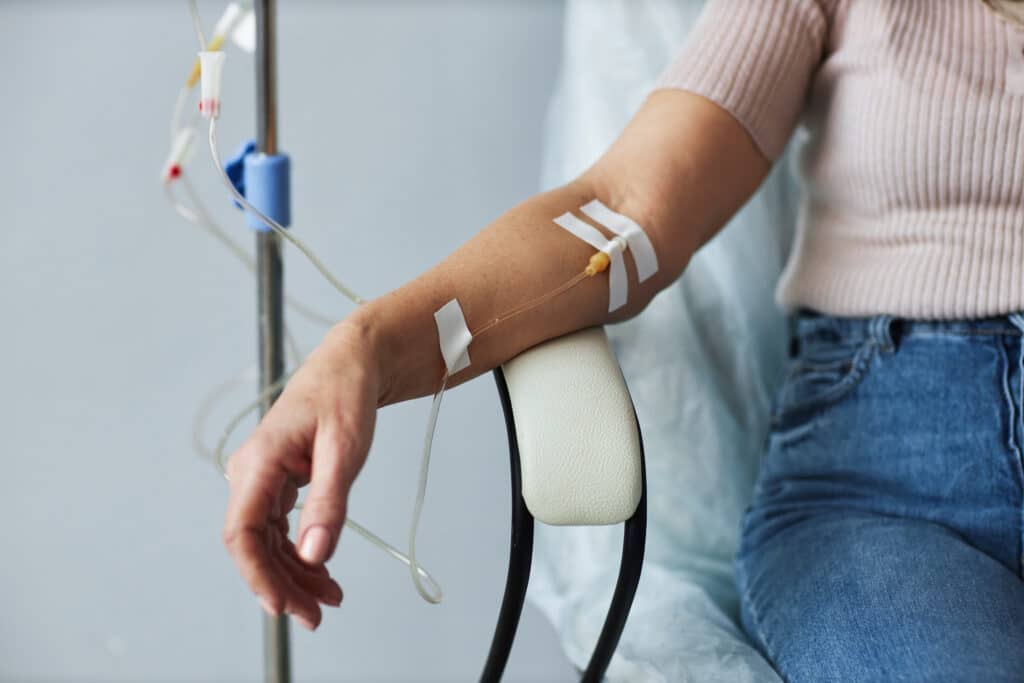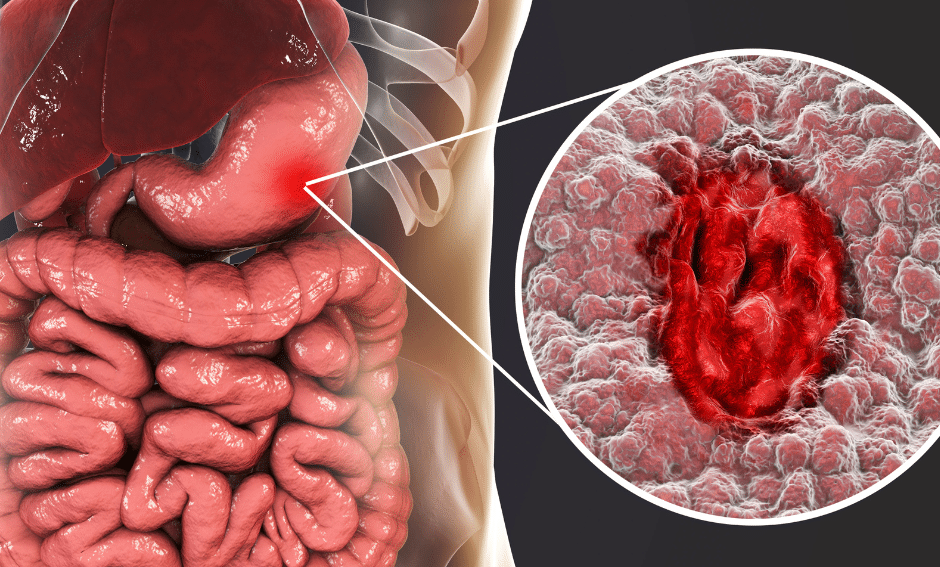8 Ways to Relieve Heartburn and Acid Reflux
Stomach acid is needed to break down the food that you eat. Your stomach has no problem handling this. On the other hand, your esophagus — the tube connecting your mouth and stomach — is irritated by it. When stomach acid flows back into the esophagus, it is known as acid reflux. It can cause sore throats and hoarseness and may leave a bad taste in your mouth.
Many people experience acid reflux on occasion, but when it produces chronic symptoms, it is known as gastroesophageal reflux disease (GERD). The most common symptom of GERD is heartburn — pain in the upper abdomen and chest. If you’ve been experiencing repeated episodes of heartburn, some simple lifestyle changes can help manage the condition. Follow these eight tips from Digestive Healthcare Center to relieve your symptoms of acid reflux.
1. Resist the urge to overeat or eat quickly
Having a large amount of food in your stomach may put increased pressure on the valve that keeps stomach acid out of your esophagus. Therefore, when the stomach is very full, heartburn and acid reflux are more likely to occur. Consider eating smaller meals more frequently rather than three large meals a day. Eating quickly can also trigger heartburn so take time to chew your food and drink your beverages.
2. Avoid trigger foods
Back in the day, people with acid reflux were instructed to eliminate all but the blandest foods from their diets. Although that’s no longer the case, there are certain foods that are more likely than others to trigger heartburn. These include mint, fatty foods, spicy foods, tomatoes, onions, garlic, coffee, tea, chocolate, and alcohol. If any of these are part of your regular diet, try eliminating them to see if doing so controls your reflux.
3. Don’t drink carbonated beverages
Carbonated beverages, such as soda or sparkling water, should be avoided at all costs if you have acid reflux. The carbonation or bubbles in soda, which often makes you burp, puts stress on the lower esophageal sphincter (LES). This increases the risk of acid reflux into the esophagus. If you are going to drink soda and heartburn is a concern, experts recommend opting for a caffeine-free option.
4. Chew sugar-free gum
Chewing gum increases your saliva production. This helps to reduce heartburn since saliva can help promote swallowing, which in turn helps to keep acid down and neutralize the stomach acid that’s refluxed into your esophagus. Chewing gum that contains bicarbonate, an antacid and natural byproduct of your body’s metabolism, can amplify its neutralizing effects.
5. Keep a food journal
As previously mentioned, certain foods can trigger acid reflux and heartburn. Keeping a food and log system can help you identify the foods most likely to give you issues. Once you do identify them, avoid these foods and drinks whenever possible. You may also find common trigger foods that don’t upset your stomach, and you can slowly add them back into your diet one by one.
6. Adjust your sleep position
Elevating your head and chest above your feet can help prevent and alleviate acid reflux and heartburn while you sleep. Ideally, your head should be 6 to 8 inches higher than your feet. You can do this by placing a foam wedge under your mattress or raising your bed posts using wood blocks. Sleeping on your left side is thought to aid digestion and work to limit acid reflux.
7. Take steps to lose weight, if advised
Excessive weight puts pressure on your stomach and spreads the muscular structure that supports the lower esophageal sphincter, increasing your risk of acid reflux and heartburn. Eating a well-balanced diet and exercising regularly can help you get into shape. If you are overweight, talk to your doctor about ways to lose weight and maintain a healthy lifestyle.
8. Quit smoking
Contrary to chewing gum, smoking reduces saliva production and the effectiveness of the valve that keeps stomach acid from entering the esophagus. Quitting smoking can reduce the frequency and severity of your heartburn and acid reflux. In some cases, doing so may eliminate them altogether.
National GERD Awareness Week
Every year, November 20-26 is National GERD Awareness Week. The International Foundation for Gastrointestinal Disorders (IFFGD) encourages people who experience symptoms of GERD to seek treatment throughout the year but especially during this time. At Digestive Healthcare Center, we want our patients to stay informed about their gastrointestinal health which involves raising awareness for common GI conditions, such as GERD. If you have frequent or concerning GERD symptoms such as nausea, vomiting, abdominal pain, dysphagia, weight loss, or anemia, please schedule an appointment with one of our expert physicians today.
Visit Digestive Healthcare Center for GERD Relief in New Jersey
Digestive Healthcare Center is your trusted source for comprehensive and compassionate care in New Jersey, including the diagnosis and treatment of GERD. Our team of highly skilled gastroenterologists will work closely with you to evaluate your symptoms and determine the best treatment plan, based on your specific needs and goals. We also offer various innovative procedures to get your health back on track. Find the location nearest you in NJ or schedule a telemedicine appointment today to speak with a member of our staff and get the care you need for your condition.
Make an Appointment for Comprehensive Digestive Care in NJ
At Digestive Healthcare Center, we want each patient at our three offices in New Jersey to feel confident about their digestive health. We encourage you to contact us today to make an appointment with one of our expert gastroenterologists – don’t wait to start putting your digestive health first!
Recent Blogs
Learn more about all things digestive health and wellness by checking out our recent gastroenterology blogs.

Infusion therapy has become a vital treatment option for individuals with Crohn’s disease, offering relief when traditional medications may fall short. This method delivers medication directly into the bloodstream, providing quicker and more targeted effects to help manage inflammation, reduce symptoms, and improve quality of life. For those with moderate to severe Crohn’s disease, infusion […]

The Advancement of Ulcerative Colitis Treatment Ulcerative colitis (UC) is a chronic inflammatory bowel disease (IBD) that affects the lining of the colon and rectum. Those diagnosed with UC often experience flare-ups that can significantly impact their quality of life. Fortunately, advancements in medical treatment have made managing this condition more achievable. One option is […]

Diverticular disease and diverticulitis are related digestive health conditions that affect the large intestine (colon). With diverticular disease, small, bulging pockets develop on the lining of the colon. When these pockets become inflamed or infected, the condition is called diverticulitis. They are very common – especially after age 40 – and rarely cause problems. At […]
























